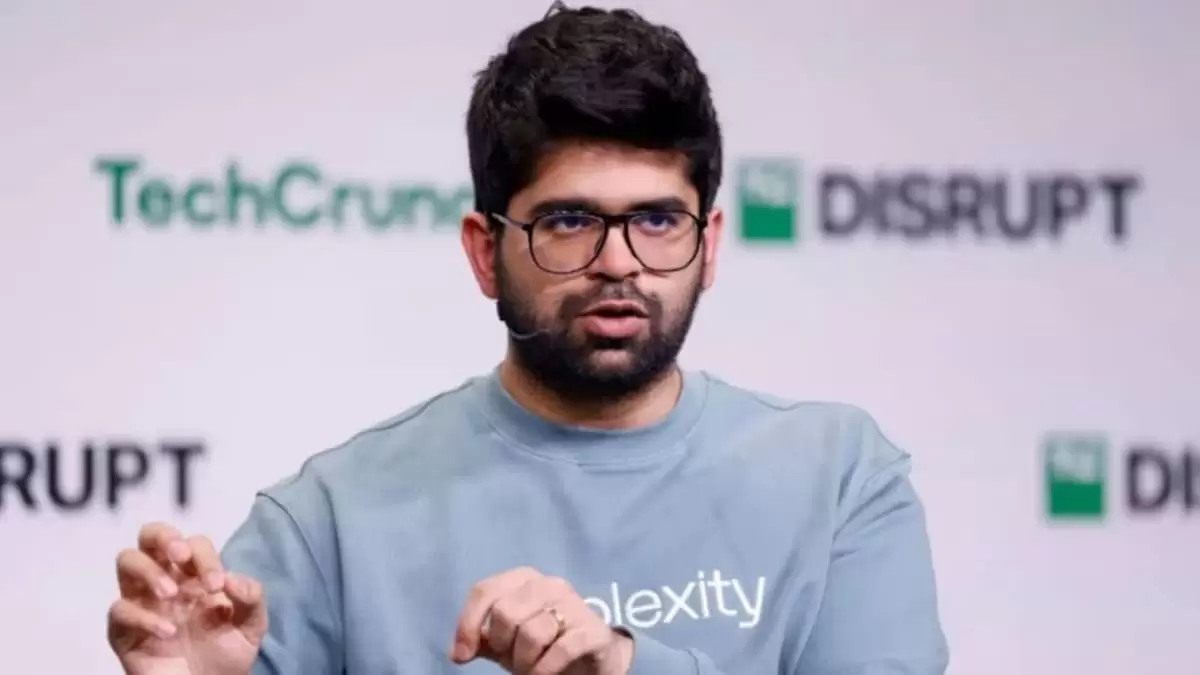New Delhi: Aravind Srinivas, CEO and co-founder of Perplexity AI, recently shared his disagreement with Infosys co-founder Nandan Nilekani on how India should approach Artificial Intelligence (AI) development. While Srinivas respects Nilekani’s immense contributions to India’s tech growth, like Infosys and the Unified Payments Interface (UPI), he believes Nilekani’s suggestion to focus only on creating AI applications using existing models is not the right move.
In a post on social media platform X, Srinivas praised Nilekani as a key figure in India’s tech evolution but made it clear that skipping the development of foundational AI skills is a rather risky strategy. Instead, he called for a balanced approach where India is investing in both training its own AI models and building applications.
To be clear: Nandan Nilekhani is awesome, and he’s done far more for India than any of us can imagine through Infosys, UPI, etc. But he’s wrong on pushing Indians to ignore model training skills and just focus on building on top of existing models. Essential to do both.
— Aravind Srinivas (@AravSrinivas) January 21, 2025
Stating why India needs to develop its own AI capabilities rather than rely on existing models coming from big technology companies, Srinivas said, “Both must be done.” He added that this may keep India behind on the global AI stage. He also put his money where he is, offering $1 million and five hours of his time every week to help Indian teams working on foundational AI projects.
Drawing an analogy to drive home his point, Srinivas compared AI with the space achievements of India. He drew a parallel with how ISRO has proven that a complex mission could also be completed by India with much lower costs than those of other nations. He believes this cost-effective innovation mindset can also be applied to AI development.
He also mentioned the success of DeepSeek, a Chinese AI company that recently built a large language model (LLM) with 671 billion parameters, outperforming well-known models from Meta and OpenAI. Srinivas used this example to show that groundbreaking advancements in AI are possible without spending a fortune. He believes India could develop powerful AI models for its local languages and also compete globally.
On the other hand, Nilekani, speaking at the Meta AI Summit, argued that India should focus on smaller language models and practical applications instead of pouring resources into building large, expensive AI models. He feels it’s more practical to build scalable AI infrastructure tailored to India’s unique needs. But Srinivas thinks this approach might limit India’s long-term potential in the global AI space.
This debate between two leaders highlights an important moment for India’s AI journey. Srinivas’s perspective states that India needs to grow both its foundational AI skills and its ability to develop useful applications if it wants to become a global AI leader.





